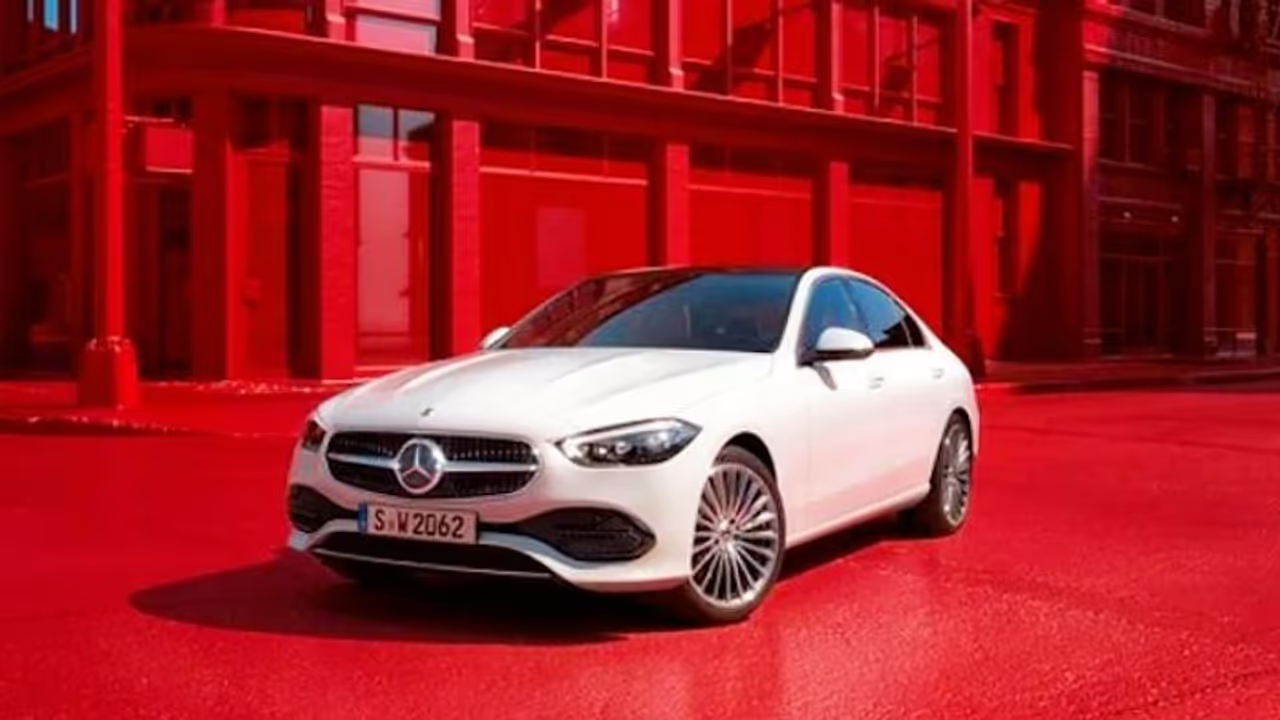The Supreme Court said people do not purchase high-end luxurious cars to suffer discomfort, as it directed Mercedes Benz India Private Ltd to refund Rs 36 lakh to a buyer for sale of a defective vehicle.
The Supreme Court on Tuesday said people do not purchase high-end luxurious cars to suffer discomfort, as it directed Mercedes Benz India Private Ltd to refund Rs 36 lakh to a buyer for sale of a defective vehicle. A panel consisting of Justices Bela M. Trivedi and Pankaj Mithal granted the carmaker's appeal against the National Consumer Disputes Redressal Commission's ruling in part.

The bench stated, "We believe that allowing the respondent complainant to keep the car in question and directing the appellant to refund Rs 36 lakh instead of Rs 58 lakh as directed by the National Commission in the impugned order would meet the interest of justice and balance of equity."
M/s Daimler Chrysler India Pvt Ltd, now known as Mercedes Benz India Pvt Ltd, filed the appeal against the commission’s order of 2007. The consumer complaint was filed by M/s Controls and Switchgear Company Ltd, alleging the car suffered from excessive heating on left side of the centre hump within a short time of purchase in 2003.
Upon reviewing the affidavits, correspondences, reports, and other material on file, the bench stated that it is without hesitation in ruling that the car's overall high temperature and the overheating of the hump's surface constituted a fault, imperfection, or shortcoming in the quality or standard that the luxury car company was expected to maintain under the terms of the respondent-complainant's contract. As such, the car was a "defect" in accordance with Section 2(1)(f) of the aforementioned Consumer Protection Act.
The bench stated: "People do not buy high-end, luxurious cars to experience discomfort, especially if they purchase the vehicle with complete trust in the supplier who presents and promotes such cars as the best and safest vehicles in the world in brochures or advertisements."
The plaintiff had significant discomfort and annoyance, and the court observed that the legal process was time- and energy-consuming.
In this instance, the appellant had made an offer in 2006 to buy back the automobile at the book value of around Rs 36 lakh in December 2006, or at the car's market value as of November 2006, which was Rs 34 lakh. The reply, however, had not accepted the aforementioned offers and had driven the aforementioned vehicle for almost 17 years at this point.
In its contentions, the appellant also said the purchase of car or vehicle by a company for the use of personal use of its directors could not be said to be the purchase of vehicle for self-employment to earn its livelihood, but it has to be construed as the purchase of vehicle for “commercial purposes”. Therefore, such company would fall outside the purview of the definition of “consumer” within the meaning of Section 2(1)(d) of the said Act, it said.
